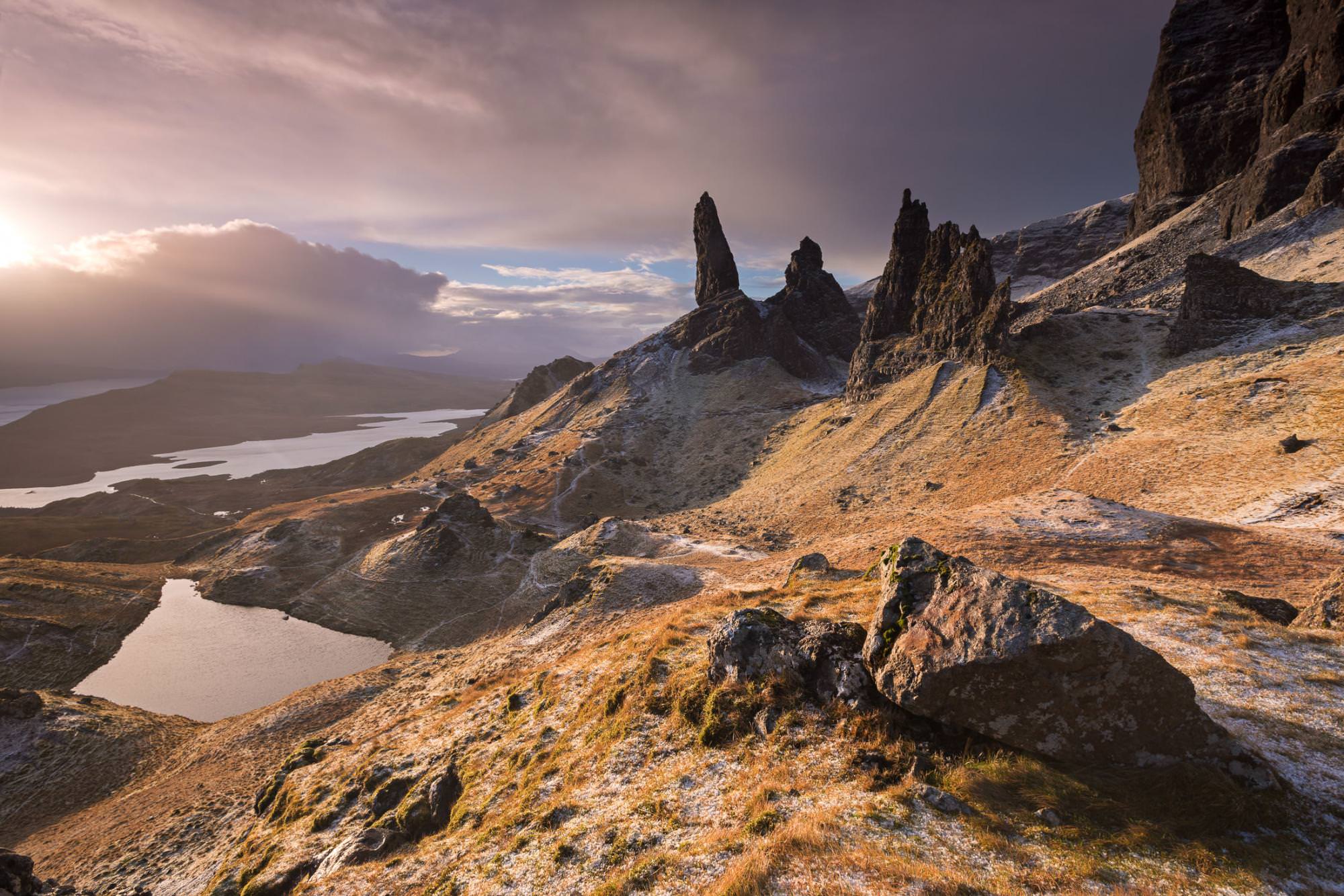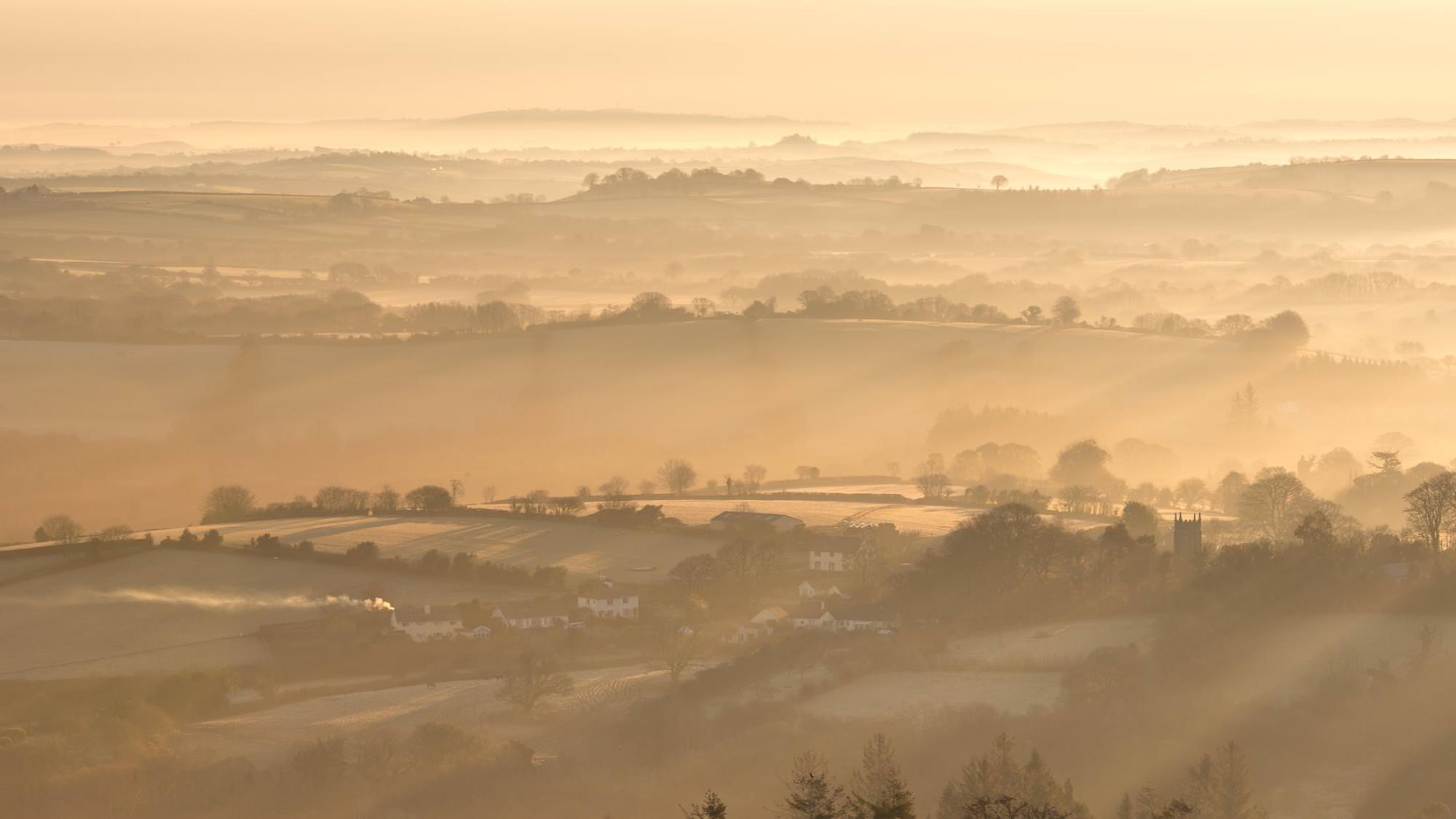Advice for the non-technical photographer
14th April, 2017
Photography can be a technical hobby. Just looking at the back of a digital SLR, with a multitude of buttons, menu screens and dials is enough to turn any technophobe beginner away. And even for those confident with modern technology, phrases like chromatic aberration, diffraction and hyperfocal focusing can be intimidating to say the least.
Due to the overly complicated technical side of photography, people can feel discouraged from buying their first SLR. I should know, this is exactly how I felt many years ago when I first contemplated getting more serious with photography. For several years I avoided replacing my point-and-shoot with an SLR, believing that I would struggle to master the technical side of photography.
But is it truly necessary to understand every function of your camera in order to capture great landscapes? Of course not, and anybody suggesting otherwise is simply trying to over complicate this hobby. Clearly to get the best out of your pictures you need to understand the basics, but sometimes getting too bogged down in every bell and whistle of your camera can result in you missing magical moments of light.

So what are the basics? Developing an understanding of the relationship between shutter speed, aperture and ISO is fundamental. This is something that really needs to be read in a book and then reinforced through practice. Lots of practice will also give you familiarity with using your camera and associated gear, so when the need arises you can use it almost without thinking.
As you get outside more and more to practice you will notice things click into place quickly. Before long, your hands will instinctively reach for the right buttons and filters, while adjusting the tripod ceases to become an awkward and clumsy process. When you have reached this stage, you are ready to look up from your camera and begin really enjoying the landscape. After all, this is what its all about. Once you have mastered the basics, you can think about the more creative side of landscape photography and pay more attention to light, composition and subject matter. These are the things that really make a difference but if you pay too much attention to photography magazines and websites offering overly complicated technical articles, you could be forgiven for thinking otherwise.
It goes without saying that this approach will not appeal to everybody. For the more technically minded, this advice may seem somewhat slapdash. For this kind of photographer, a thorough read of the camera’s user manual from cover to cover would be a pre requisite. But this article isn’t aimed at those photographers.
I think there are two types of landscape photographers with advantages and disadvantages for both. Firstly there are those who are passionate about nature and the outdoors; this photographer is often less technical, but their passion for their subjects is clearly evident, and shines through in their photographs. For this kind of photographer, the camera is a tool to preserve moments of magic.

Then there are those who are passionate about their cameras; this photographer is often less concerned with beautiful scenery as they are with the technicalities of their camera. Although this photographer knows their camera inside out, moments of magic can occasionally pass this them by while they are delving through menus to optimize settings.
Both types of landscape photographer are equally valid, and both can capture incredible pictures. The point is, the photographer with the best technical knowledge is not necessarily the photographer with the best pictures. Having a passion for the landscape is at the very least equally important, and probably much more so.
When people attend my workshops I always make a point of saying that I am not a technical photographer. I tell them that I know as much as I need to know, and do not want to know any more! Landscape photography really is as simple or complicated as we want it to be; while there undoubtedly is a technical side to master it needn’t be a long and complicated road and it definitely shouldn’t be something that dissuades somebody from getting into this wonderful hobby in the first place.
Article originally appeared in Landscape Photography Magazine, December 2015







